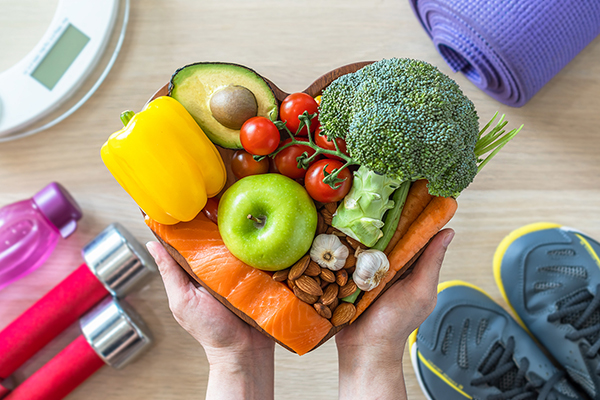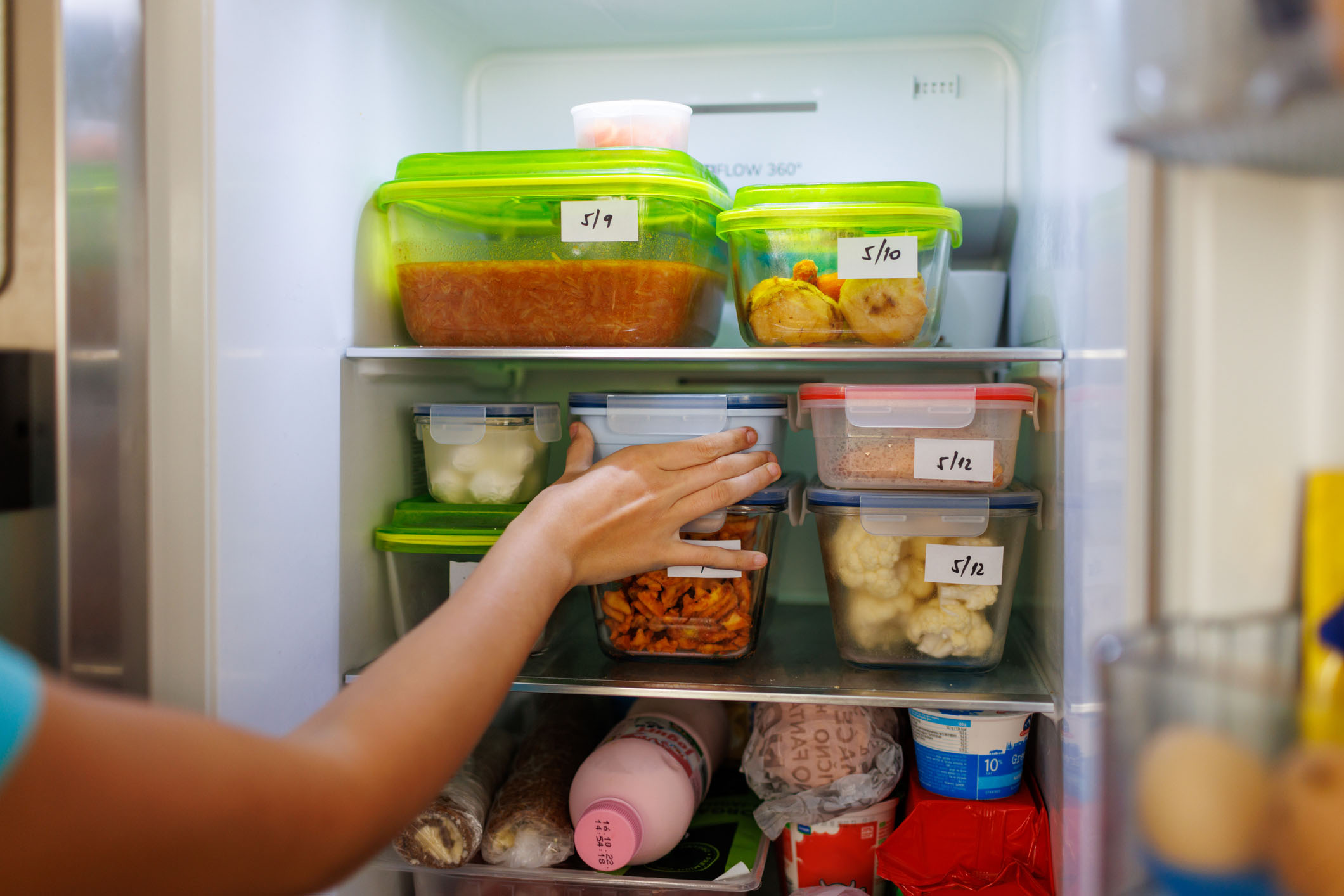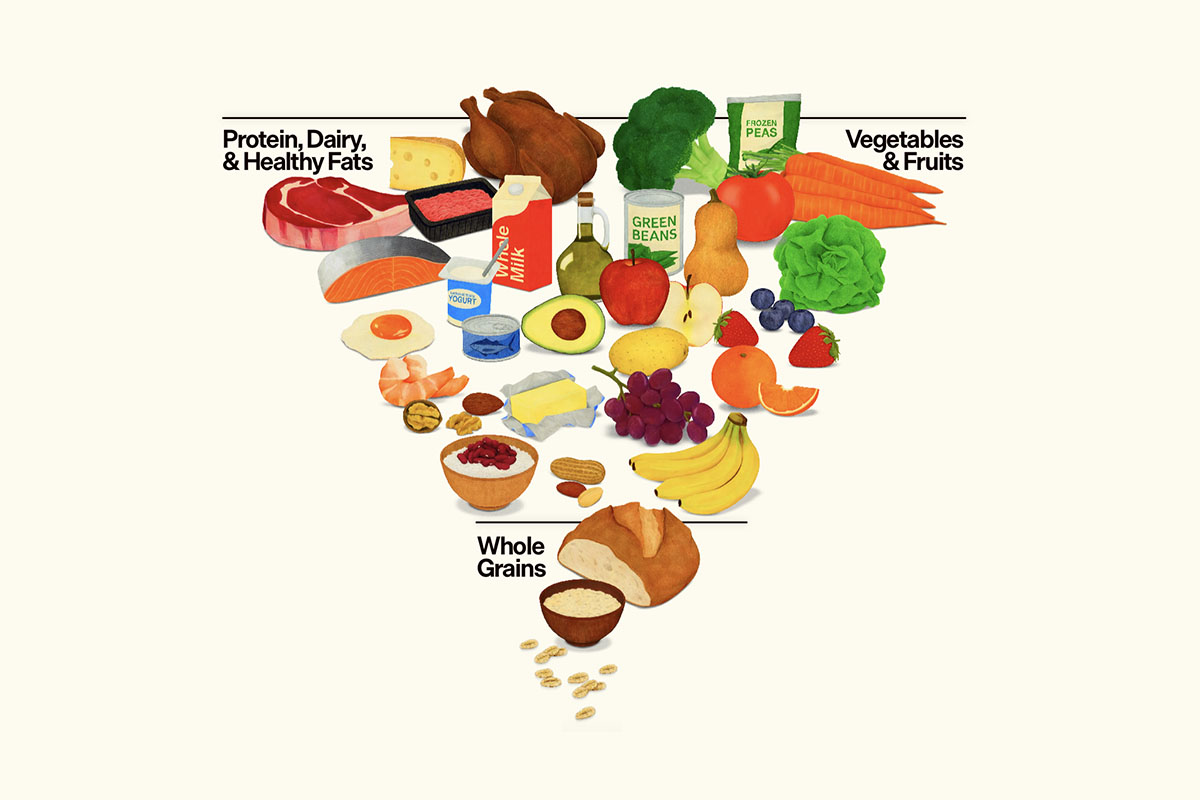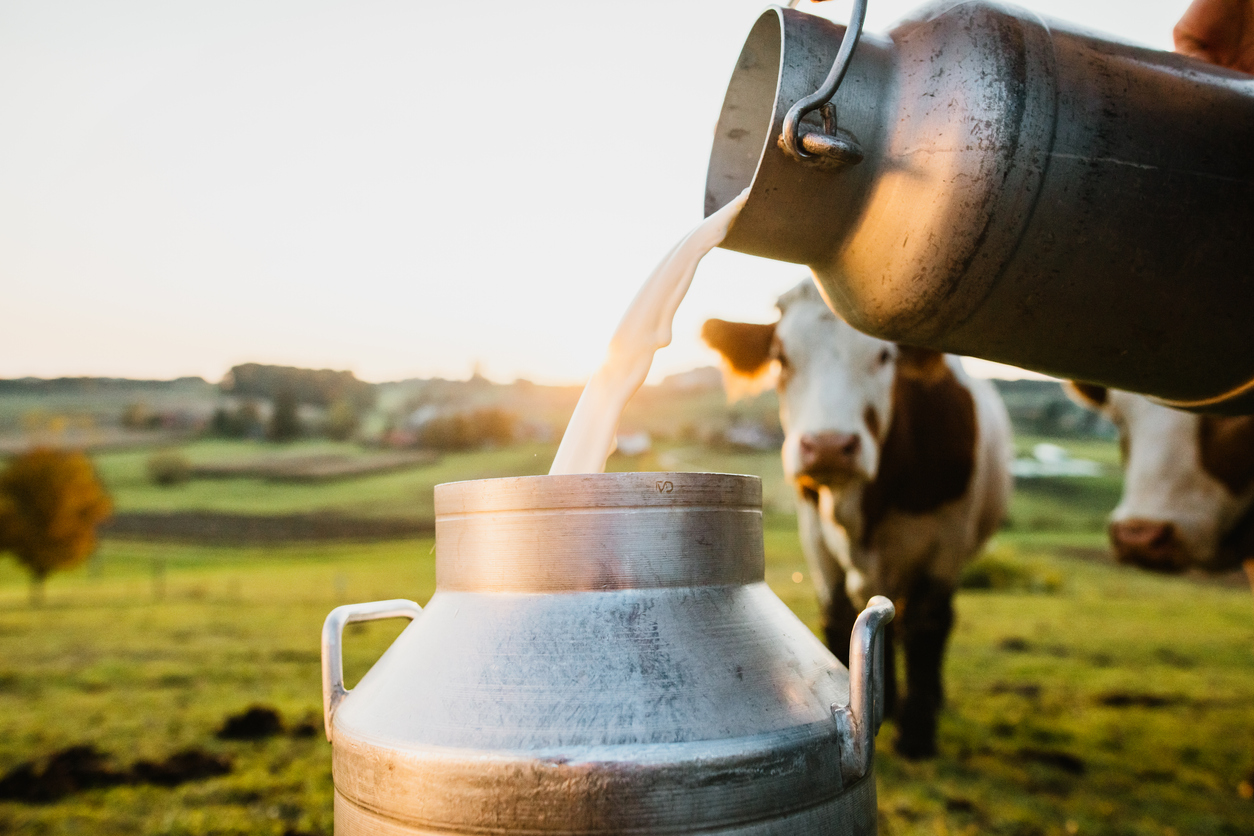January is named after Janus, the Roman two-faced god, “the god of beginnings, gates, transitions, time, duality, doorways, passages, frames, and endings.” In classic depictions, Janus simultaneously looks backward and forward.
In the quiet of winter, it’s a great time to reflect and recalibrate. January is a respite from the excesses of the holidays. There’s opportunity here: Diet books are traditionally launched this month, and people make resolutions.
Here are some suggestions for a new year’s project that might disclose unexpected new health horizons for you:
• Dry January: 2023 marks the 10th anniversary of the campaign, launched in the U.K. In its first year, 2013, 4,000 people signed up; last year it was 130,000.
This year Dry January takes on particular significance in view of new findings that no amount of alcohol consumption is healthy. Recall when your doctor used to cheerily advise: “Make sure you enjoy a few glasses of Pinot Noir every week to protect your heart!”? While it’s true that alcohol may act as a mild blood thinner, lowering the probability of heart attack somewhat, it hikes blood pressure, contributes to cardiac arrhythmias, and boosts the chance of strokes. And you’d have to guzzle gallons of red wine to obtain the amount of resveratrol said to underlie the “French Paradox”.
In fact, some have proposed that we rethink the inclusion of red wine in the vaunted Mediterranean Diet.
Studies that once suggested moderate drinkers live longer were revealed to have been skewed by the “healthy user bias”; i.e., in large comparisons of drinkers to non-drinkers, teetotalers may have eschewed alcohol because they were too frail or sick to tolerate it, or else quit it after a prior history of alcohol abuse rendered them more likely to die prematurely.
The new-think is that alcohol, even in moderation, hikes risks for many cancers, liver disease, accidents, falls, violent death, suicide, dementia and other fatal outcomes. And as one gets older, one’s tolerance decreases.
Don’t get me wrong—I’m no Carrie Nation, on a crusade to bust up saloons with a hatchet. Admittedly, alcohol performs a vital social function, enabling us to enjoy congenial gatherings with friends and family—a health plus.
On the other hand, a month on the wagon could enable you to assess the impact of drinking on your well-being. You might see unexpected benefits for mood, sleep, energy and productivity.
Alternatively, you might find it hard to kick the booze habit. If so, so much the better—you’ve spotlighted a dependency. When you can’t rein in your drinking, you should seek help.
• Whole 30: This variation on the Paleo diet became popular pre-pandemic as a way of exploring a dietary reset. It started as a challenge: Can you go for 30 days without sugar, grains, legumes, processed foods, vegetable oils, dairy and subsist on meat, fish, poultry, eggs, fresh fruits and vegetables, and nuts? The Whole 30 doesn’t even have to be especially low-carb, as you’re entitled to eat carrots, winter squash and potatoes (but no corn) if desired.
My experience: I lost around five pounds, and felt additional clarity, energy, and reduction in nasal congestion, body aches and stiffness. See my review here.
• Keto Diet: Akin to the Atkins Diet, this ultra-low carb eating plan is designed to switch your energy metabolism from dependence on glucose to ketone utilization. More than just a way of losing weight, the keto diet alleviates blood sugar problems, may help dementia, polycystic ovarian syndrome, fatty liver, and blood pressure. It’s even been used for children with seizures who don’t respond to medication.
But even more importantly, the keto diet may be a powerful intervention for psychiatric disorders. Dr. Chris Palmer explains its utility in his book Brain Energy and in a recent Intelligent Medicine podcast episode.
Testimonials abound from sufferers of depression, obsessive compulsive disorder, bipolar disorder, even schizophrenia.
• Intermittent Fasting: There are different variations. Some, like the 5:2 Diet, have you eat only light meals two days per week. Others, like Time-Restricted Eating (TRE), involve setting limited time windows for food intake. For example, a 16:8 program might involve not eating until 11 AM, then avoiding food intake after 7 PM.
The 16-hour hiatus allows the body to rest and reset, encouraging a process called autophagy; it’s thought to enhance immunity and may even forestall aging. In a fasted state, the metabolic and brain benefits of the ketogenic diet kick in. At the very least, not eating incessantly is a great way to reacquire a normal relationship with your body’s natural hunger and satiety signals.
Some may prefer intermittent fasting, where you can eat what you want within reason during the allotted time limits, to stringently counting calories without time constraints; according to research, weight and metabolic dividends are equivalent.
• Exercise Challenge: Google “2024 exercise challenge” and you’ll find a plethora of articles, videos and apps that enable you to set a goal for physical activity. What’s yours? 50 pushups per day? Walk 10,000 steps per day? Hold a plank for a minute every day? Cycle 200 miles in the month of January? Work up to bench press half your body weight?
Rookie mistake: Don’t join a gym or buy a pricey piece of exercise equipment on the theory that it’ll make you exercise. Therein lies the peril of broken resolve with ensuing guilt and financial jeopardy. Instead, set a modest, realistic fitness goal, with a clear implementation plan. Get support from family and friends to encourage follow-through on your commitment.
• Social Media Fast: Studies show that excessive use of social media is associated with depression, anxiety, sleep disturbances, and sedentary habits. No wonder: it evokes anger, FOMO (fear of missing out), envy, loneliness and erosion of self-esteem while precluding time spent in nature or face-to-face social interactions.
Social media is specifically engineered to supercharge “engagement”, making it highly addictive.
According to a review on Well and Good”:
“‘A social media fast can offer a much-needed respite for the body, mind, and spirit,’ says Carla Marie Manly, PhD, clinical psychologist and author of Joy From Fear. ‘Fasts can increase positivity, decrease anxiety, and assuage feelings of depression.’”
• Sleep Reset: January is a good time to take inventory on your sleep. Most Americans are chronically sleep-deprived, and the holidays’ frenetic pace takes an additional toll on sleep. Do you get the requisite 7-9 hours most people need? Do you have trouble falling or staying asleep? Are you exhausted during the day and find yourself frequently nodding off? Does driving make you dangerously drowsy?
Consider CBTi (Cognitive Behavioral Therapy for insomnia). The Department of Veterans Affairs offers a free downloadable app to help you evaluate your sleep and remove obstacles to optimal rest. Some of their suggestions recapitulate the principles of “Sleep Hygiene” a checklist for which is provided here.
If you need more help, consult a sleep professional. Many university hospitals feature comprehensive multi-disciplinary programs where your sleep problem can be evaluated and treated, prioritizing non-pharmacological solutions.
Consider the New Year a “wake-up call” for reclaiming this key element of an overall healthy lifestyle. For more information on sleep and your health, visit the Intelligent Medicine sleep hub.
Striving to notch new goals in ‘24 may be laudable, but the obsessive drive to overachieve has its dark side, as this insightful article from a neuropsychologist suggests: “Overdoing is a form of self-protection. The problem is, it becomes bad for us . . . the more you overfunction, the more you want to overfunction.” Above all, we should seek balance in the new year.








